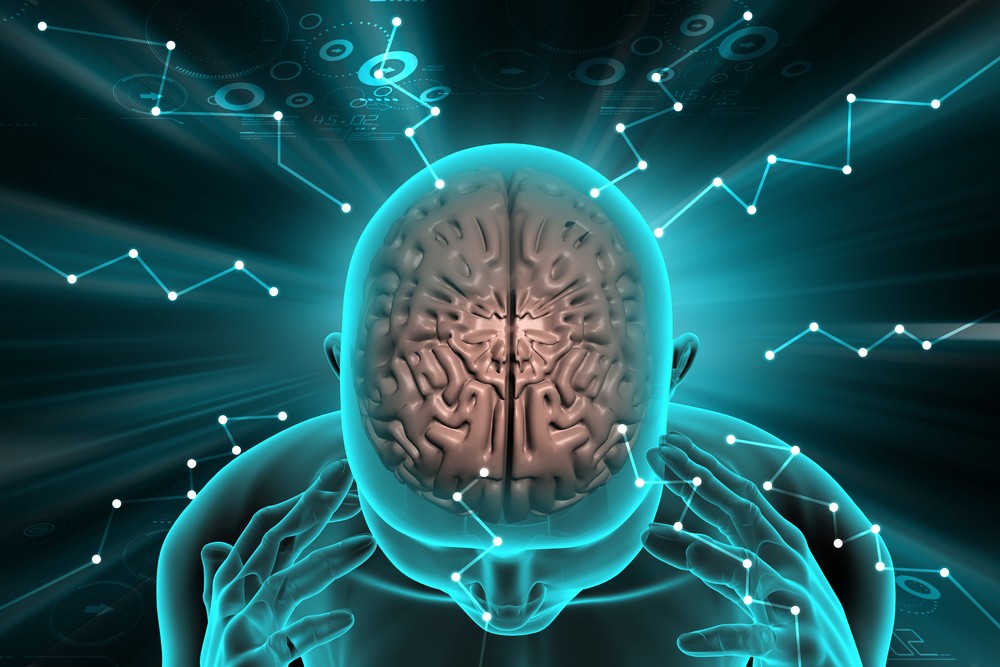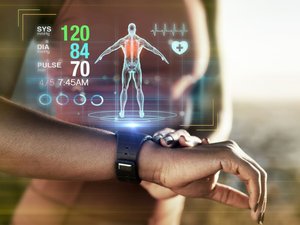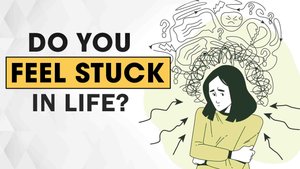Decision-making is something we do every day, yet the process behind how we choose can be surprisingly complex. From picking what to eat for breakfast to making life-altering career moves, our brains rely on a mix of cognitive processes, emotions, and biases to guide our choices.
How the Brain Weighs Options

When faced with a decision, the brain evaluates potential outcomes using past experiences and predictions of future rewards. The prefrontal cortex plays a critical role, helping us weigh pros and cons, anticipate consequences, and plan ahead. Meanwhile, the amygdala can trigger emotional reactions that sometimes override rational thinking.
The Role of Cognitive Biases
Even with careful deliberation, our decisions are rarely purely logical. Cognitive biases—like confirmation bias, availability heuristic, or anchoring—can subtly influence our judgments. For instance, we might favor information that confirms our pre-existing beliefs, or overestimate risks that are more emotionally vivid. Recognizing these biases is the first step toward making more informed choices.
Emotions and Decision-Making
Emotions are not obstacles; they are essential guides. Fear, excitement, and empathy all influence how we perceive options and their outcomes. Studies show that people with impaired emotional processing often struggle with everyday decision-making, highlighting the interplay between rationality and emotion.
Strategies to Improve Decisions
- Pause and Reflect: Avoid snap judgments; give your brain time to process.
- Seek Diverse Perspectives: Broaden your input to counteract personal biases.
- Weigh Long-Term vs. Short-Term Gains: Consider the bigger picture.
- Practice Mindfulness: Being aware of your emotional state can prevent impulsive choices.
Why Understanding Decision-Making Matters
By understanding the psychology behind our choices, we can improve personal and professional outcomes, enhance problem-solving skills, and even strengthen relationships. Being aware of the mental shortcuts and emotional triggers that shape our decisions empowers us to make smarter, more deliberate choices.

























💬 No comments yet. Be the first to share your thoughts!